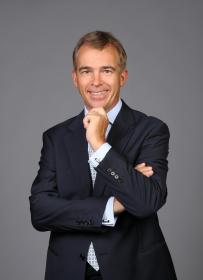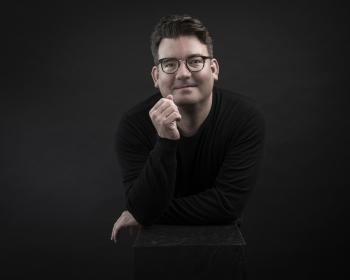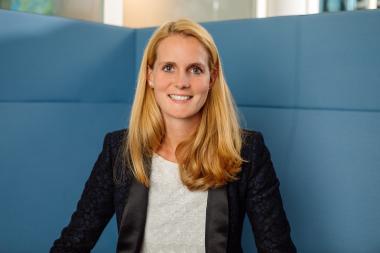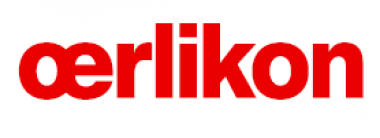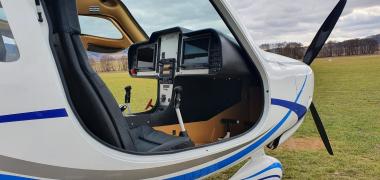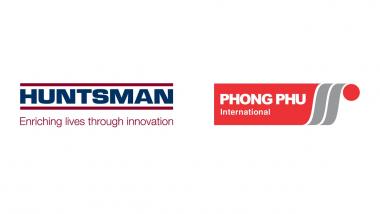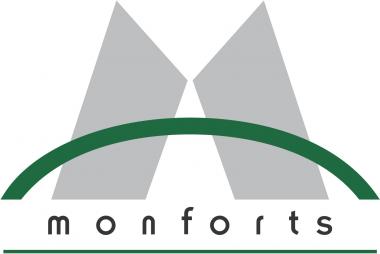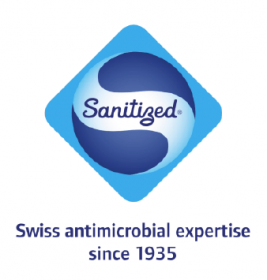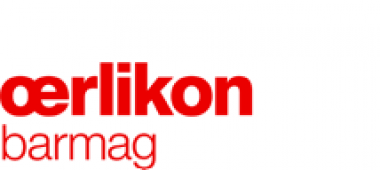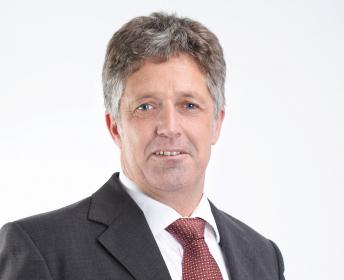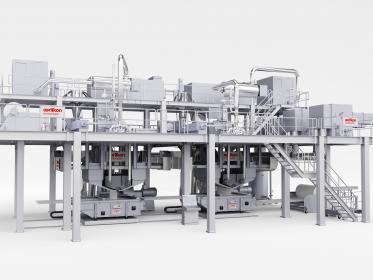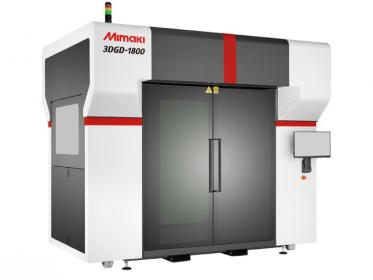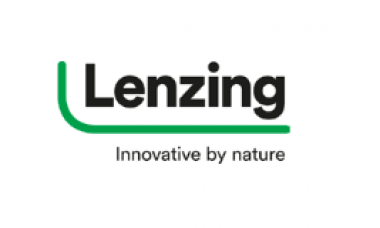Oerlikon Nonwoven deliveringmeltblown technology to FleeceforEurope
Protective masks for Europe
With FleeceforEurope and Lindenpartner, Düsseldorf-based Kloepfel Group purchasing consultancy and Berlin-based industrial consultancy Bechinger & Heymann Holding plan to manufacture and distribute up to 50 million protection class FFP1 through FFP3 respiratory masks a month exclusively for the European market from the beginning of fall. And the primary focus will be on quality.
With protective masks – including those used in operating rooms – this quality is provided above all by virus-absorbing nonwovens. And these will be manufactured by ‘FleeceforEurope’ using an Oerlikon Nonwoven meltblown system.
But masks effectively protecting against infections can only be guaranteed with the right quality. A crucial factor in this is the inside of the mask. Because the nonwoven used in protection class FFP1 through FFP3 respiratory masks plays a decisive role.
Here, the meltblown technology from Oerlikon Nonwoven will be deployed. In a special, patented process, the fibers laid into a nonwoven fabric during manufacture are subsequently electrostatically-charged, before the material is further processed downstream.
European market for protective masks with a promising future
Those responsible at Oerlikon Nonwoven and FleeceforEurope, which will primarily focus on producing high-end nonwovens, and Lindenpartner, which will manufacture and distribute the protective masks, are certain of one thing: the market for protective masks has a very promising long-term future in Europe.
What has been commonplace in Asia for many years now will also become normal in Europe. People will be increasingly wearing face masks when venturing out, in order to better protect themselves against health risks such as the current pandemic and also against increasing environmental pollution in the form of fine particles and exhaust fumes in the future. A
Medical face masks from a vending machine
Mask producer Lindenpartner has already secured supplies of nonwovens and will be producing face masks for the European healthcare sector over the coming weeks. To fight the coronavirus pandemic, Lindenpartner is planning to install 100 self-service face mask vending machines in Germany over the next four weeks, positioning them in publicly-accessible places such as shopping centers and airports, for example.
Marketing, Corporate Communications & Public Affairs







